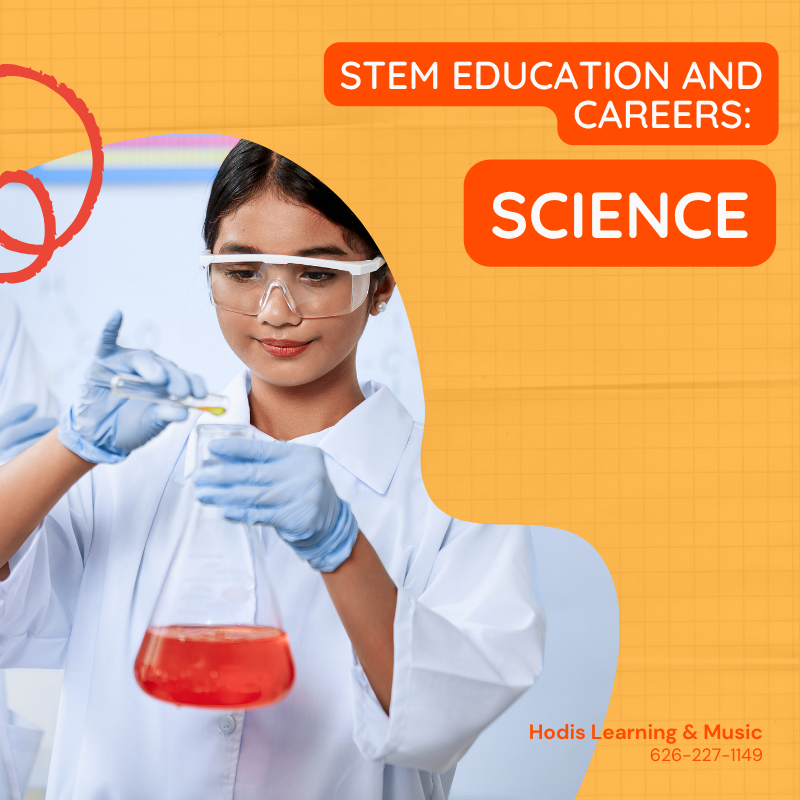Science is all around us, from the way plants grow to the technology that powers our smartphones. It shapes the world we live in, and understanding it is essential, whether or not you plan to become a scientist. In this first post of our STEM blog series, we’ll explore why science matters, how students can thrive in their science courses, and what exciting careers the future of science holds.
Why Is a Career in Science Important?
Science is more than just a school subject—it’s a way of thinking. Studying science encourages curiosity, critical thinking, and problem-solving skills that are valuable in any career. Whether you go into business, healthcare, technology, or public policy, a foundation in science helps you make informed decisions and understand the world through evidence and analysis.
For students considering a career in science, the impact is even greater. Scientists play a key role in solving global challenges, from climate change and disease prevention to space exploration and food security. A career in science allows students to contribute meaningfully to society while working in dynamic, innovative environments.
How Can Students Be Successful in Their Science Courses?
Success in science courses starts with curiosity and consistency. Here are a few tips:
- Ask questions. Science is driven by inquiry, so be sure to explore the “why” behind concepts.
- Stay organized. Keep track of notes, labs, and study guides to reinforce learning.
- Practice regularly. Reviewing material weekly and solving practice problems boosts understanding and retention.
- Get support. Working with a tutor or study group can help break down complex topics and build confidence.
How Can Students Prepare Early for a Career in Science?
Preparation starts with exposure and exploration. Middle and high school students can:
- Take a variety of science classes like biology, chemistry, and physics.
- Participate in science fairs, clubs, or summer research programs.
- Stay current with scientific news and breakthroughs.
- Volunteer or intern in science-related environments, such as labs or hospitals.
Advanced placement (AP) or International Baccalaureate (IB) science courses can also provide a strong academic foundation and prepare students for college-level expectations.
What Science Careers Should Students Consider?
Science offers a wide range of career paths to suit different interests:
- Environmental Scientist – tackle climate issues and protect natural resources.
- Biomedical Researcher – develop treatments and advance medical knowledge.
- Data Scientist – apply scientific methods to interpret complex data across industries.
- Forensic Scientist – help solve crimes through lab analysis.
- Marine Biologist, Chemist, Physicist, Geneticist – and many more!
Fields like biotechnology, climate science, renewable energy, and public health are showing strong demand. Careers that blend science with technology, such as bioinformatics or AI in medical research, are also expanding rapidly.
Conclusion
Science education opens doors, not just to careers in labs or hospitals, but to a better understanding of the world and how to improve it. For students with curiosity and drive, a future in science is full of opportunity!
If your student could use extra support or wants to get ahead in science, consider tutoring with Hodis Learning & Music. Call or email us to learn more or sign up!


